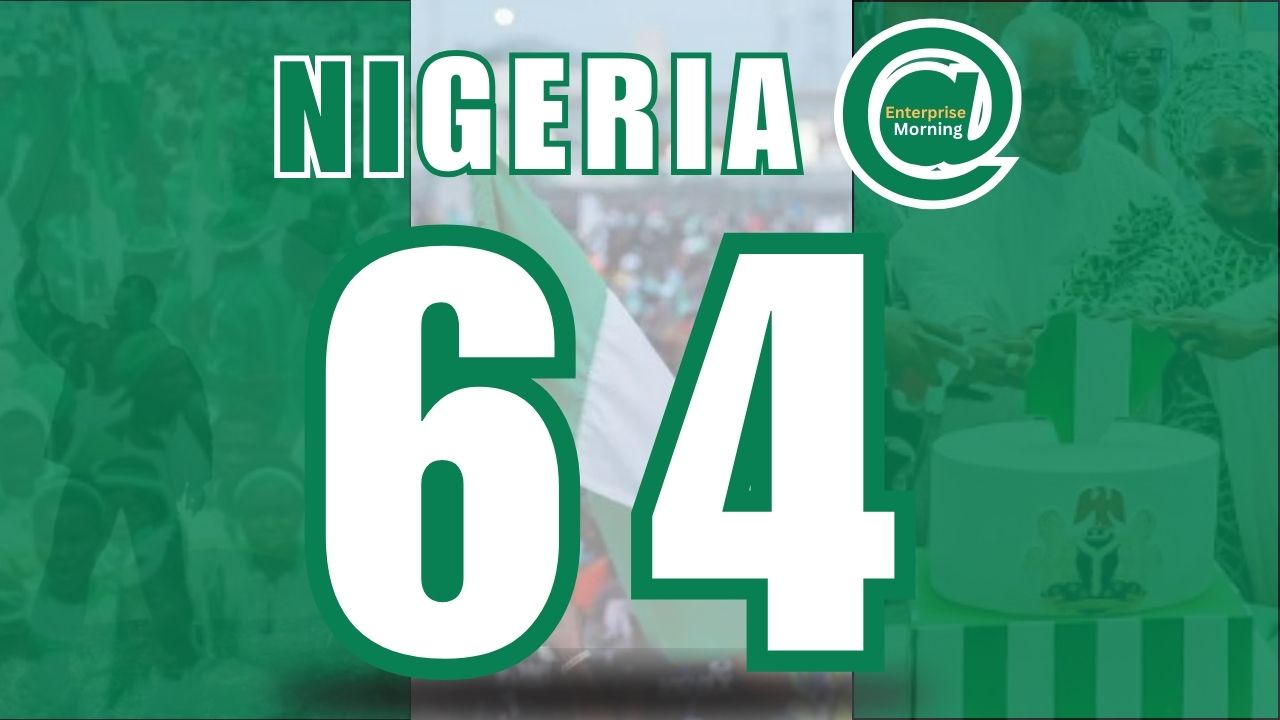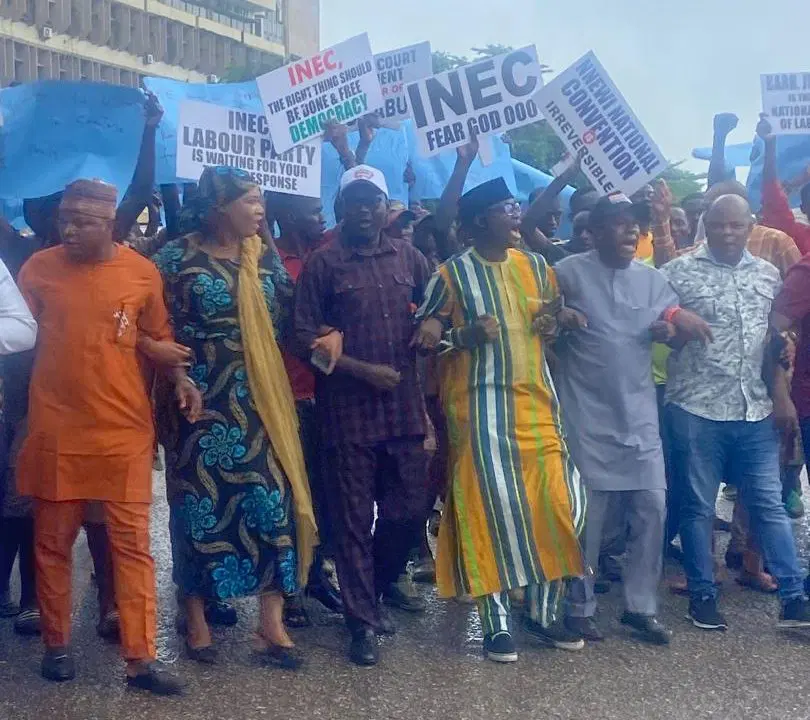As Nigeria marks her 64th Independence Anniversary, it is an important time to reflect not just on the nation's journey since 1960, but on the kind of freedom we continue to pursue—freedom from oppression, bad governance, and division. Independence should not merely signify political autonomy from colonial rule, but a deeper, more profound emancipation from the shackles of corruption, injustice, and the self-inflicted wounds of poor leadership. This anniversary can serve as a powerful reference point in our collective quest for true independence, as we strive to embody the Nigeria we all hope for—one that upholds unity, peace, and progress.
These are trying times for many Nigerians, as we grapple with economic difficulties, insecurity, and governance challenges. Yet, now more than ever, we must persevere, understanding that the storms we face today are not permanent. Our history has shown that we have the strength and resilience to weather adversity. By navigating these trials peacefully, and standing firm in our resolve to rebuild, we can emerge stronger and more unified.
The key to our nation’s redemption lies in embracing integrity at every level, particularly in our political choices. When we choose our leaders based on merit, character, and competence, free from the divisive lenses of religion, ethnicity, or regional sentiments, we lay the foundation for a more prosperous future. This is how we will reclaim our rightful place as the Giant of Africa—a beacon of hope and progress for the continent.
In these tough times, it is crucial for our leaders to recognize the vital role they play in steering Nigeria toward recovery and progress. Leadership is not merely about holding office, but about serving the people with integrity and honesty. Our leaders must place the interests of the citizens above those of government institutions or personal gain. They must act as true stewards of the nation’s well-being, prioritizing policies that ease the economic burden on ordinary Nigerians. With the rising cost of living and the uncertainty many face, there is a moral duty for those in power to lead with empathy and make decisions that reflect the true needs of the people.
Leadership in these challenging times demands a conscience that is clear, just, and rooted in the desire to serve selflessly. True leaders must go beyond rhetoric and be the architects of real, positive change—restoring hope and trust in governance. If they act with courage and a commitment to justice, the transformation we seek can be achieved, allowing Nigeria to emerge from this period stronger and more united. Only through such leadership can we break free from the chains of oppression and bad governance, and reclaim our status as the Giant of Africa.
At 64, Nigeria’s story is far from over. If we stay united, uphold justice, and lead with honesty, the dawn of a better Nigeria is inevitable. Together, we can create the nation we dream of—a nation truly free from the weight of oppression and bad governance.




